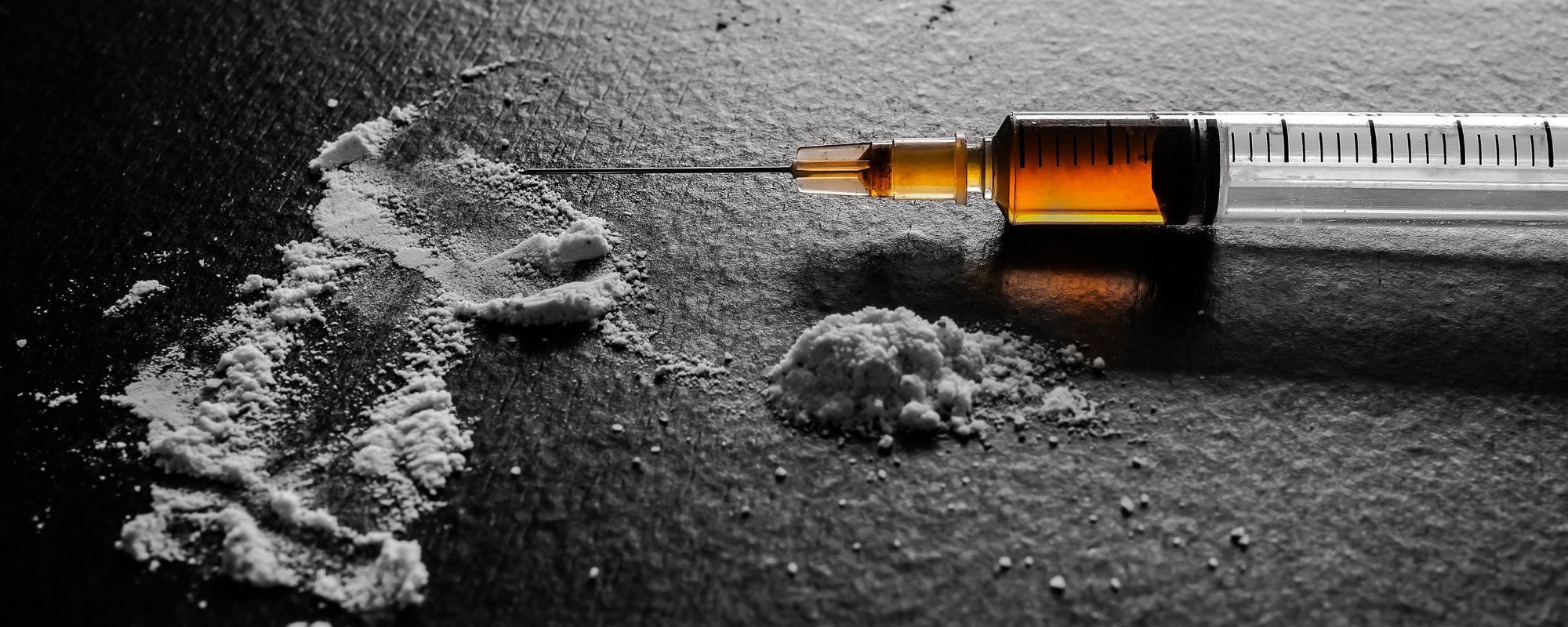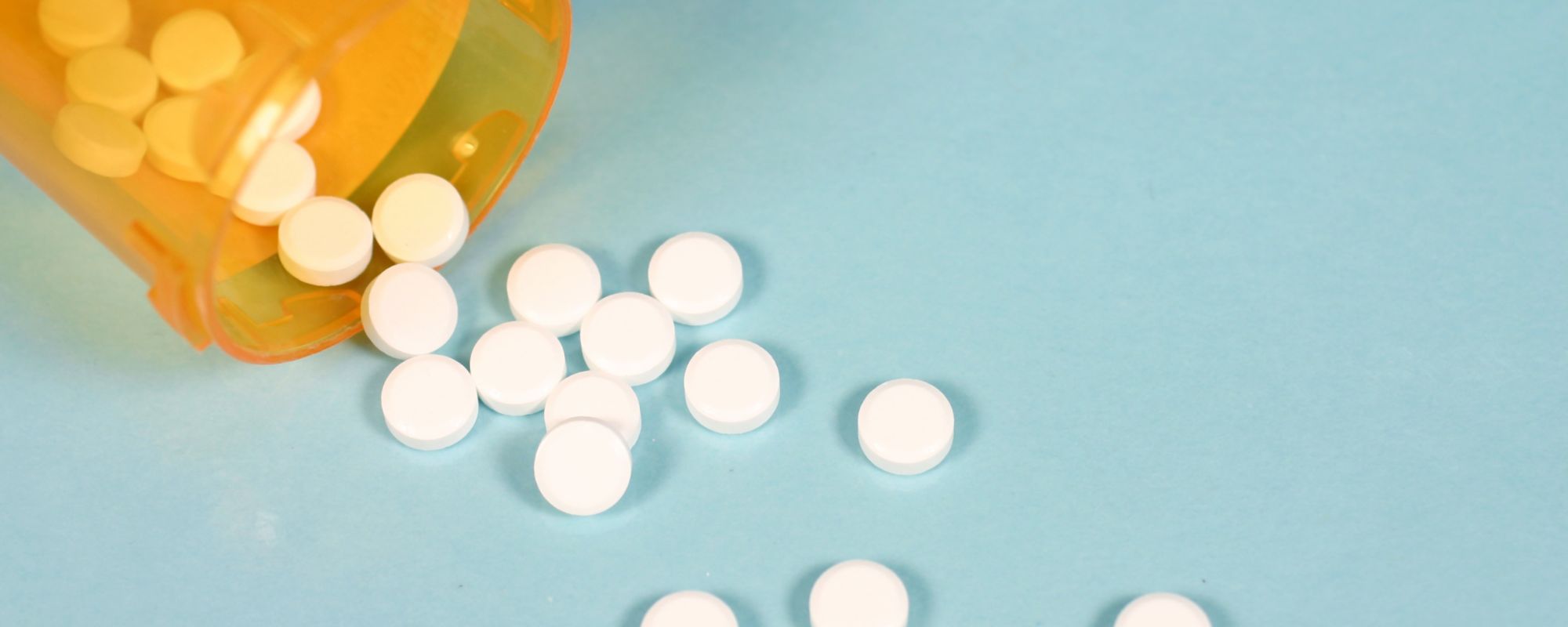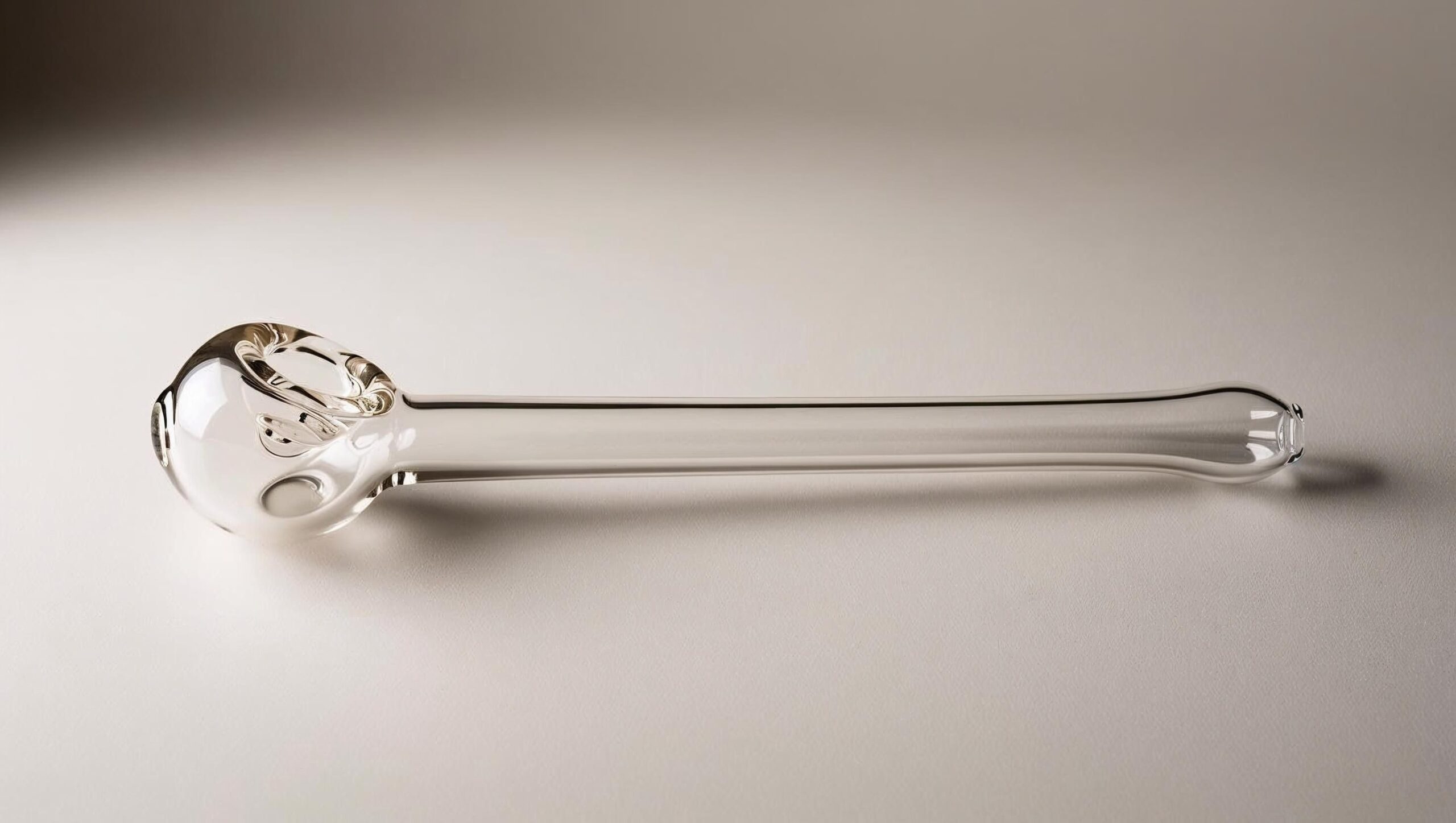Royal Life Centers at Spokane Heights focuses on wellness at the mental, physical, and spiritual levels. Our addiction treatment process always begins with an assessment and evaluation, where guests will be assessed for their symptoms of withdrawal and undergo a clinical evaluation for any possible co-occurring disorders. The terms co-occurring disorder and dual diagnosis are interchangeable.
Defining Dual Diagnosis
Dual diagnosis—also known as co-occurring disorders—refers to the presence of at least one mental health condition alongside a substance use disorder. These conditions interact in complex ways, often making each other worse. For example, someone with anxiety might drink alcohol to calm their nerves, but over time, alcohol use can increase anxiety symptoms, creating a cycle that’s difficult to break.
Common Examples of Dual Diagnosis
Depression and alcoholism
Anxiety disorders and benzodiazepine addiction
PTSD and opioid misuse
Bipolar disorder and stimulant abuse
Schizophrenia and cannabis use disorder
Why Dual Diagnosis Happens
There’s no single cause for dual diagnosis, but several factors often play a role:
Self-medication: People may use substances to cope with emotional pain, trauma, or mental health symptoms.
Brain chemistry: Mental illness and addiction can both stem from imbalances in brain chemicals like dopamine and serotonin.
Genetics: A family history of mental illness or addiction increases the risk of developing both.
Environmental stress: Trauma, abuse, neglect, or chronic stress can lead to the development of mental health issues and substance misuse.
It’s important to note that either condition—mental illness or substance use disorder—can come first.
Treating a Dual Diagnosis
When guests have a dual diagnosis, it is crucial to know and understand their condition, treating both the alcohol or substance use disorder and their mental disorder separately.
Behaviors can stem from an alcohol or substance use disorder, just like how certain behaviors can be a symptom of that same guest’s mental illness. It is essential for our clinical team to recognize any additional diagnoses, so that we can collaborate with each guest to determine the most effective course of action for their treatment.
Research proves that drugs and alcohol actually worsen symptoms of mental illnesses, which is why, once substances are removed from the equation, it is especially important for guests to be treated in an inpatient level of care— to ensure their safety and comfort. Oftentimes, once substances are removed, the symptoms of a pre-existing mental illness seem to come back and be overwhelming. Guests are no longer “self-medicating” with drugs, which is why Royal Life Centers at Spokane Heights puts guests under the direct care of a doctor or medical professional.
Our Accommodations
Royal Life Centers at Spokane Heights provides personalized care for each guest, tailored to meet the unique needs and goals of each individual. When developing a treatment plan for dually-diagnosed guests, we may include addiction treatment that requires medication management (when needed) and puts the guest under the direct care of a medical professional. Our treatment options are designed to be individualized for each guest, because Royal Life Centers at Spokane Heights is experienced in working with guests who have a dual diagnosis.
Royal Life Centers at Spokane Heights provides integrative treatment for both a guest’s substance use disorder and their diagnosed mental disorder. We address both issues to promote a full recovery. Each guest will collaborate with our clinical team and case manager to design a personalized treatment plan that best suits their needs. The individualized nature of our addiction treatment allows for the best possible recovery for lifelong sobriety.
Our Treatment Programs
Royal Life Centers at Spokane Heights offers two programs at an inpatient level of care, including a medical detox program and a residential inpatient program. Royal Life Centers also offers treatment options including: a partial hospitalization program (PHP), an intensive outpatient program (IOP), an outpatient program (OP), sober living, and graduate housing.
Key Components of Dual Diagnosis Treatment
Integrated care: Coordinated treatment plans that address both disorders simultaneously.
Medical detox (if needed): A safe environment to manage withdrawal symptoms before beginning therapy.
Therapy: Cognitive behavioral therapy (CBT), dialectical behavior therapy (DBT), trauma therapy, and more.
Medication management: When appropriate, medications can stabilize mood, reduce cravings, or manage symptoms.
Peer support: Groups like Dual Recovery Anonymous (DRA) or group therapy sessions help build community and accountability.
Aftercare planning: Continued support through outpatient programs, sober living, and ongoing counseling is essential.
Recovery Is Possible
Dual diagnosis can be overwhelming, but recovery is absolutely possible with the right support. When both conditions are treated together, individuals have a much higher chance of achieving long-term stability and wellness.
If you or someone you care about is experiencing symptoms of both a mental health disorder and substance use disorder, reach out to a treatment provider who specializes in dual diagnosis. The first step toward healing is understanding, and help is available.
If you or someone you know is struggling with a substance use disorder and a mental disorder, you are not alone, and we can help you through each step of the recovery process. Please reach out to our addiction specialists toll-free at (888) 907-0898. Our team is available to take your call 24 hours a day, 7 days a week. Because We Care.
























